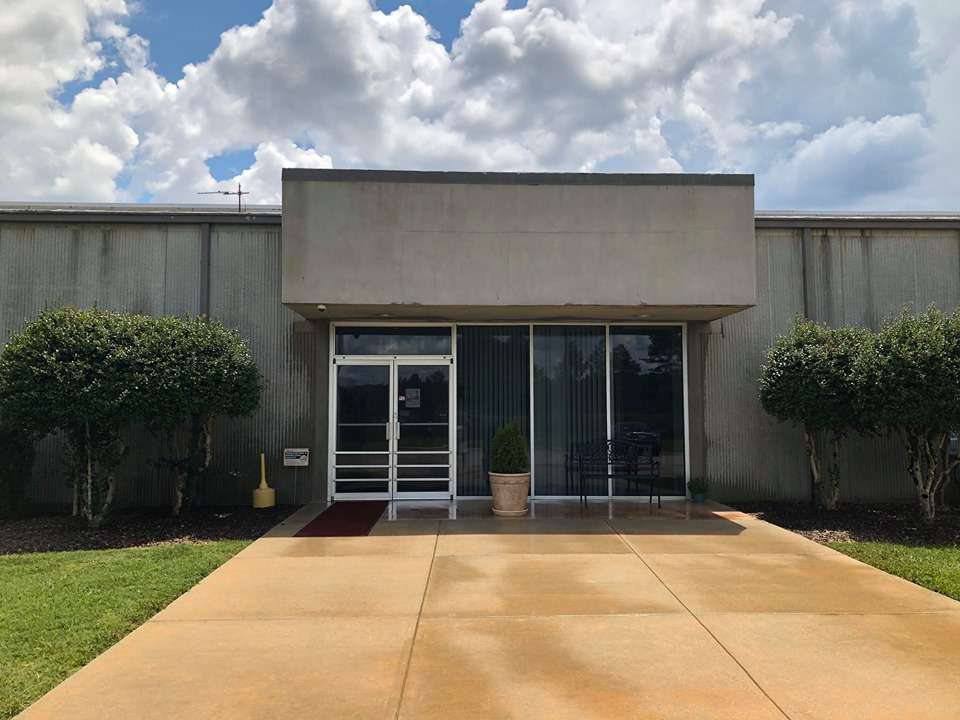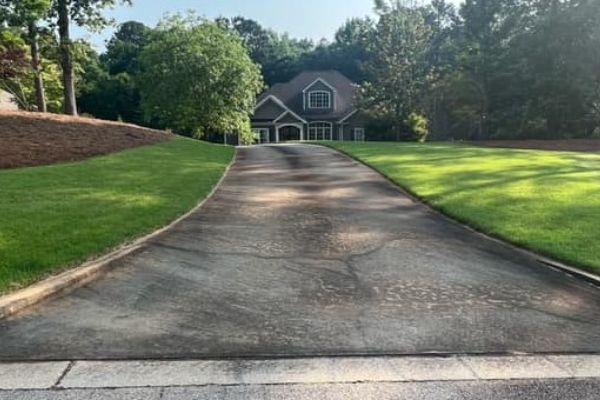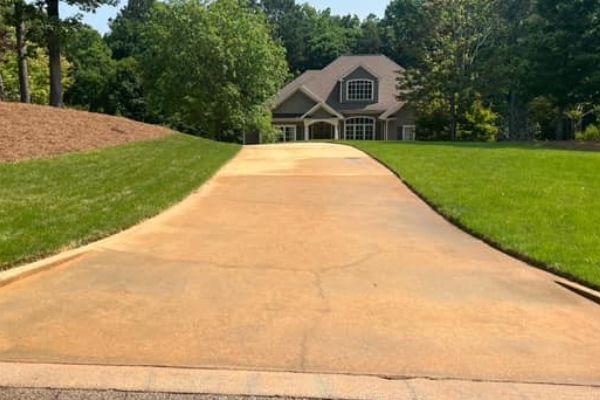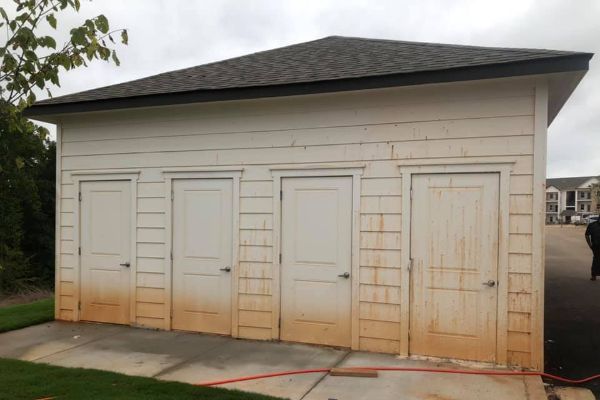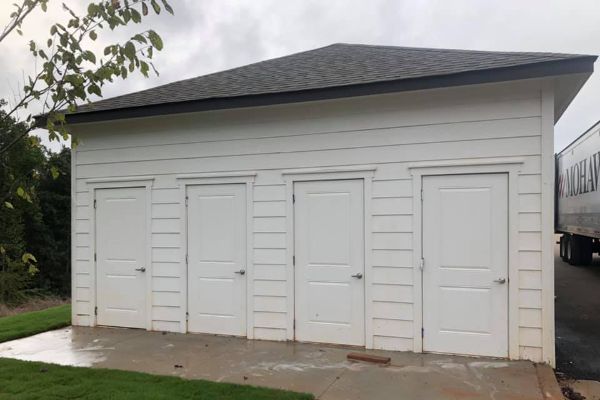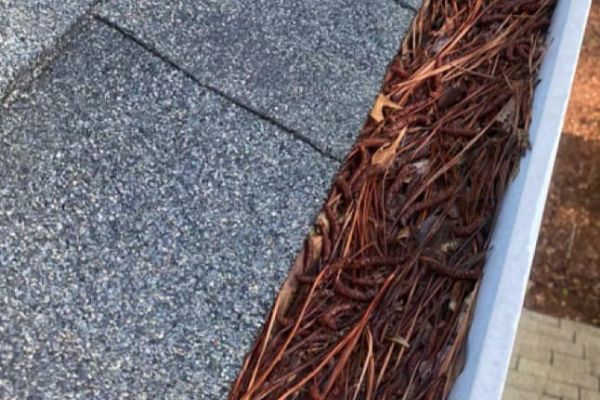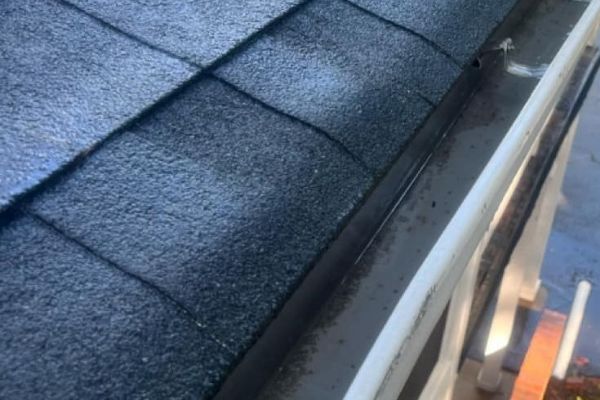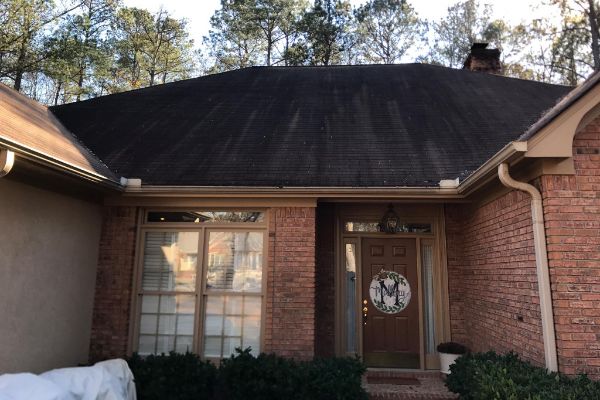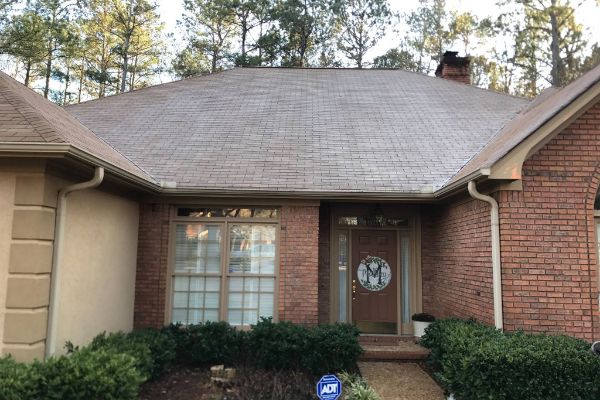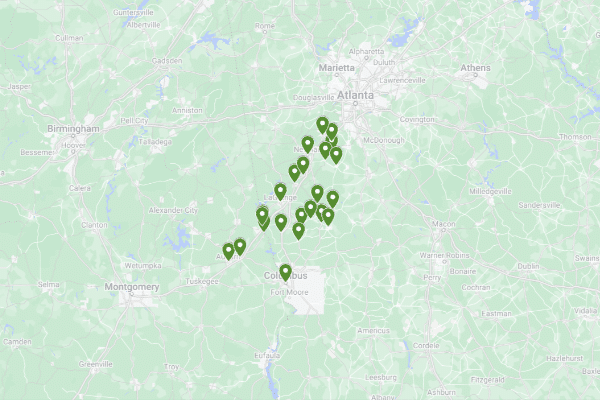Your driveway is the true entry to your residence, and also it should have the precise very same therapy as your house itself. Meticulously keeping your driveway will absolutely aid to lengthen its life as well as additionally preserve it looking as brand-new as feasible. Our goal is to make sure that you have the crucial exterior concrete upkeep pointers that will definitely help you prevent having to invest for a premature alternative.
The Concrete Driveway
The majority of driveways are constructed from concrete since it’s incredibly resilient and can last for many years with correct care. Nevertheless, even concrete driveways are vulnerable to problems like splits, pits, and also discolorations. These problems not just affect the appearance of your driveway however can likewise cause additional damage if they’re not repaired in a prompt way. Outside concrete upkeep is vital to the longevity of your driveway and also must be done on a regular basis.
Here are a few essential pointers for appropriate outside concrete upkeep:
Be careful While Functioning Around Your House.
When it comes to home maintenance, one of the most important things you can do is take care of your concrete. Concrete is strong and durable, but its surface can be easily damaged. To prevent damage to your concrete, make sure you’re careful while working around your house. Here are some tips:
– Be careful not to drag any metal-edged tools across your concrete, as this can scratch the surface. Also, make sure your lawn mower isn’t leaking oil or gas before driving over concrete.
– Be Careful While Working Around Your House: Always take caution when using power tools or performing any type of work that could potentially damage your concrete. If you’re not careful, you could end up causing costly repairs.
By following these tips, you can help keep your concrete in good condition and avoid costly repairs.
Act Rapid on Oil.
When oil stains permeate your concrete, they can be exceptionally tough to get rid of. If there is a fresh oil discolor on your driveway, it stays in your best interest to serve as immediately as viable. Though tough to eliminate, there are homemade options you can put together to battle fresh oil stains in concrete.
The Best Way to Remove Fresh Oil Stains from Concrete
With fresh oil locations, make use of something like feline litter or sodium bicarbonate to take in that dampness. After that, utilize water to it as well as scrub with a brush utilizing a solution consisting of water and also cooking soft drink prior to washing. If the stain is old and also set-in, you might require a stronger approach. In this case, mix one part dishwashing liquid with 10 parts water and use it to the area with a stiff brush. You might require to do this a few times to see results. Afterward, wash the concrete with a garden hose pipe and then let it completely dry.
Preventing Oil Stains on Concrete
To prevent oil stains, it is best to have a designated area for oil changes and other car maintenance that is not on your driveway or concrete walkway. If this is not possible, be sure to clean up any spills immediately. Also, consider applying a sealant to your concrete to create a barrier against oil and other liquids.
Have Your Driveway Properly Cleaned.
Washing your driveway on an annual basis is vital in extending its life. Mold and also mildew will generally uncover its means to your driveway gradually, which can aid in degeneration. Making use of a safe pressure as well as additionally specialized cleansers, working with a specialist power cleaning company to clean the driveway is continuously recommended. In addition, the aesthetic difference between a clean and unclean driveway appears like all the time.
But what happens when you don’t have the time or money to hire someone to do it for you? Luckily, there are some tips and tricks that can help you clean your driveway on your own!
How to clean your concrete driveway?
The first step is to identify the type of concrete that your driveway is made of. There are two types of concrete: stamped and poured. Each type of concrete has different cleaning needs.
Stamped concrete is textured to look like stone, brick, or tile and is sealed with a clear coat or sealer. Poured concrete is smooth and typically doesn’t require sealing.
The next step is to gather your supplies. For general cleaning, you will need a broom, hose, bucket, mild dish soap, and water. If you are dealing with tough stains, you may need a pressure washer, wire brush, muriatic acid, bleach, and gloves.
Once you have your supplies gathered, it’s time to start cleaning! Begin by sweeping the entire driveway to remove any loose dirt or debris. Next, mix together your mild dish soap and water in the bucket.
Using a sponge or brush, apply the soapy solution to the entire driveway. Be sure to scrub any tough stains. Rinse the area with clean water from the hose.
If you are dealing with tough stains, you may need to use a pressure washer. Be sure to read the manufacturer’s instructions carefully before operating the machine. You will also need to add muriatic acid, bleach, and gloves to your list of supplies.
Mix together one part muriatic acid and 10 parts water in a bucket. Using a brush or sponge, apply the mixture to the stain and let it sit for 15 minutes. Rinse the area with clean water from the hose.
Repeat the process if necessary. Once the stain is gone, you can move on to general cleaning.
For general cleaning, mix together one part bleach and 10 parts water in a bucket. Using a sponge or brush, apply the mixture to the entire driveway. Be sure to scrub any tough stains. Rinse the area with clean water from the hose.
Once you have finished cleaning, it’s important to seal your driveway. This will help protect it from future stains and weather damage. Sealing is especially important for stamped concrete driveways.
Seal Your Driveway.
Your driveway is one of the first things people see when they visit your home, so you want to make sure it’s in good condition. Not only does it add curb appeal, but a well-maintained driveway can also last for many years.
One of the best ways to protect your driveway is to seal it. Sealing prevents water, salt, and other materials from seeping into the concrete and causing damage. It also protects against staining and fading.
There are two main types of sealers: acrylic/topcoat and penetrating. Acrylic/topcoat sealers form a barrier on the surface of the concrete and can alter the appearance. Penetrating sealers sink into the pores of the concrete and provide protection from within.
Sealing your driveway is a simple way to prolong its life and keep it looking its best. Be sure to follow the manufacturer’s instructions and re-seal as needed to get the most out of your investment.
Try to Avoid Melting Agents.
While thawing agents like salt thaw the ice on your driveway, their lasting outcomes can damage the concrete. Salt will absolutely reduce the freezing point of liquids on the concrete, which certainly adds dampness considering that water is already sitting on top of the concrete. During this process, cool and additionally thawing of ice in addition to water will take place extra consistently.
When this happens time and time again, it will lead to what we call freeze-thaw cycles. The expansion as well as contraction from these freeze-thaw cycles are really hard on concrete driveways as well as can cause cracks, spalling, and also potholes.
That’s why it’s best to try to avoid using melting agents on your outside concrete surfaces. Instead, follow these tips:
1. Shovel regularly: One of the best ways to avoid using melting agents is to simply shovel your driveway and sidewalks regularly. This will help prevent ice from building up and becoming a problem.
2. Use sand or kitty litter: If you do need to use a melting agent, try using sand or kitty litter instead of salt. These are less likely to damage the concrete.
3. Repair any cracks: Be sure to repair any cracks in your concrete as soon as possible. Cracks can become worse over time and can lead to more significant damage.
4. Seal the concrete: Sealing your concrete can help protect it from the elements and damage. Be sure to reseal every few years to keep the protection going.
By following these tips, you can help avoid damage to your concrete driveway or sidewalk. Salt and other melting agents can be tough on concrete, so it’s best to use them sparingly, if at all. If you do need to use them, be sure to take steps to protect your concrete as much as possi
Comprehend the Look.
When concrete is new, the experts will use a curing agent to give it a tinted color. Over time, this curing agent will degrade. As it does, the natural, darker color of the concrete will show through. It’s important to make the distinction between dirty concrete and worn concrete. Especially after cleaning, you may mistake some areas as still being dirty when they are most likely just worn.
There are three main causes of discoloration in concrete:
1) Poor Curing Practices
2) Deicing Salts
3) Spills (oil, grease, etc.)
Let’s take a closer look at each one:
1) Poor Curing Practices: If the concrete is not cured properly, it will dry too quickly and the surface will become powdery. This can happen if the weather is too hot or if the concrete was mixed with too much water.
2) Deicing Salts: These are used to melt ice and snow on sidewalks and driveways. However, they can also cause concrete to discolor. The salt itself is not the problem; it’s the chemicals that are added to the salt (calcium chloride, sodium chloride, etc.) that can cause staining.
3) Spills (oil, grease, etc.): These are probably the most common cause of stains on concrete. If you have an oil spill on your driveway, for example, it’s likely that the oil will seep into the pores of the concrete and cause a stain.
There are a few things you can do to prevent or remove stains on your concrete:
– Use a sealant: This will create a barrier between the concrete and any potential staining agents.
– Clean up spills immediately: The longer a spill sits on concrete, the more likely it is to cause a stain.
– Pressure wash regularly: This will help remove dirt, grime, and other debris that could potentially cause stains.
If you have any questions about concrete discoloration, please feel free to contact us. We would be happy to help!
Restore Pressure Washing is a professional concrete cleaning service. We have the experience and expertise to clean any type of concrete, from driveways and sidewalks to patios and pool decks. We use only the best equipment and cleaners to ensure that your concrete looks its best.
Benefits of Restore Pressure Washing
There are many benefits to Restore Pressure Washing your concrete. First, it will remove all the dirt, grime, and stains that have built up over time. This will restore your concrete to its original beauty. Second, pressure washing will also remove any moss or algae that may be growing on your concrete. This can prevent slip and fall accidents. Finally, pressure washing will also prolong the life of your concrete by preventing the growth of mold and mildew.
Restore Pressure Washing is the best choice for all your concrete cleaning needs. We are knowledgeable and experienced, and we use only the best equipment and cleaners. Contact us today to schedule a free consultation.
For more information about Restore Pressure Washing or to get a free quote for pressure washing, house washing, and/or roof cleaning, visit our website at https://restorepressurewashing.com/ or call us at (706) 415-7637. We strive to be the best pressure washing service in LaGrange, GA. You can trust Restore Pressure Washing to always provide satisfaction-guaranteed pressure washing service.















